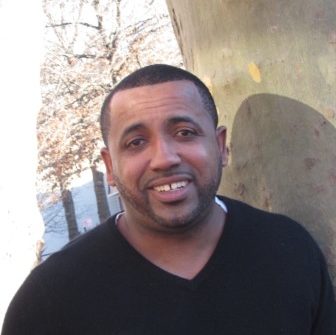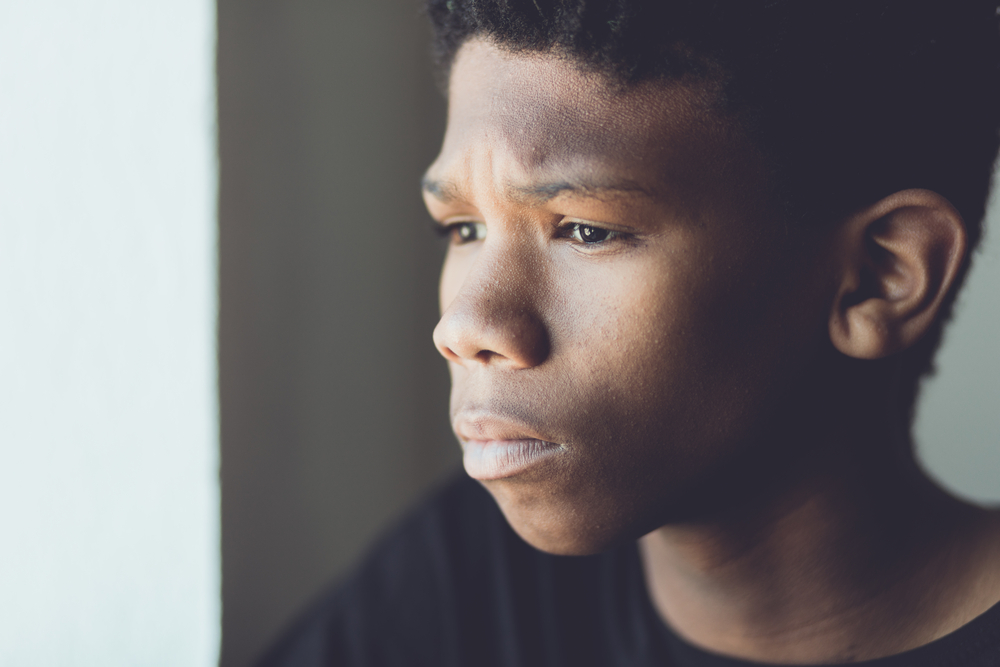When thinking about the June 20 murder of Lesandro “Junior” Guzman-Feliz and its impact on his family and the Bronx community, it is important to acknowledge the tragic loss of life and that there are untold consequences associated with this tragedy. A life was cut short.
And while we hold this young man’s name and memory in our minds, we must acknowledge the root of this violence. We must explore the disparities in access to mental health treatment in communities of color.

Kenton Kirby
Like other New Yorkers, I was horrified by the violent murder of 15-year old Guzman-Feliz at the hands of other young people in his community. The death of anyone is a tragedy, but it hits close to home for many of us when it’s a child. It serves as an unfortunate reminder that his potential was unfulfilled because his life was viciously cut short.
While we must rally around the family that’s experienced such a tragic loss, we must also look at the internal struggles going on among the young men who caused this harm. If we make the assumption that people are not born “evil,” then what caused these young men to commit such a heinous murder?
Why don’t some get help?
Is it simply that these young men were socialized to express themselves through aggression? If so, we all have to own this unfortunate death as a system failure. Violence is an epidemic in communities struggling with systemic racism and other structural forces. While there are resources in these communities, are they truly responsive to the needs of the community?
There are many mental health/social service agencies located in neighborhoods similar to the Belmont section of the Bronx, but what’s preventing the many from walking through the doors? Perhaps the mental health services do not resonate with the community members who need it the most.
As a social service provider with 15 years of experience in New York City, I have an understanding of the nuances of services needed. I am also mindful of who is not walking through the doors for services.
Clearly, those who could benefit from supportive therapeutic services are those young men who committed a horrific crime and are now involved in the criminal justice system and the media firestorm that has followed. At this point in their life trajectory, there is little to no empathy for them. It’s all about accountability and “justice” now.
The running narrative describes these young men as gang members or “thugs” — as inherently bad. Placing these labels on them effectively takes away their humanity and makes it easier to think of them as monsters. But what in their life’s experiences led them down that devastating path?
It’s necessary for us to reimagine how we deliver mental health services so that we can intervene in the lives of young people headed down the wrong path. Expanding our understanding and belief in who need support must extend beyond our scope of business as usual.
We miss those who are truly the ones who need support by following our usual prescribed services. We need to become more innovative to connect with those in need. As service providers, we must understand that lives are on the line if we don’t shift our approach. The time is now to step out of our community-based offices and actually provide services in the community.
Let’s have Junior’s name and tragic end be a teachable moment for us all. Hurt people hurt people, and if we don’t do anything moving forward, we’ll continue to see lives cut short and human potential unfulfilled.
Kenton Kirby is director of clinical and trauma support services at Neighbors In Action in Brooklyn, N.Y., and has worked with vulnerable populations in New York City for the past 15 years. He is an award-winning social worker who runs a unique victim service program that specifically works with young men of color impacted by violence.

Many thanks to Mr. Kirby for his thought-provoking treatise. The field is in great need of healthy minded males who understand the importance of this work. Transforming lives is serious business. This youth generation is perhaps the brightest and the best–filled with unlocked genius in need of focus and purpose and love. Continue to document the issue dear sir! Exposing the need will prayerfully draw folks with the right energy to work in this vineyard. Our young men, so beautiful and strong are worth fighting for!